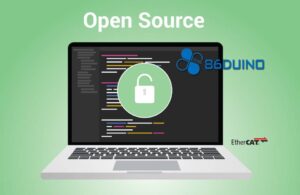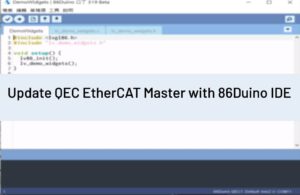[Ethernet]
Description
Get the number of bytes (characters) available for reading from the buffer. This is data that’s already arrived. This function can only be successfully called after Udp.parsePacket(). available() inherits from the Stream utility class.
Syntax
// An EthernetUDP instance to let us send and receive packets over UDP EthernetUDP Udp; Udp.available()
Parameters
None
Returns
the number of bytes available to read
Example
#include <Ethernet.h>
#include <EthernetUdp.h>
// Enter an IP address for your controller below.
// The IP address will be dependent on your local network:
IPAddress ip(192, 168, 1, 177);
unsigned int localPort = 8888; // local port to listen on
// An EthernetUDP instance to let us send and receive packets over UDP
EthernetUDP Udp;
char packetBuffer[UDP_TX_PACKET_MAX_SIZE]; //buffer to hold incoming packet,
void setup() {
// start the Ethernet and UDP:
Ethernet.begin(NULL,ip);
Udp.begin(localPort);
}
void loop() {
int packetSize = Udp.parsePacket();
if(Udp.available())
{
Serial.print("Received packet of size ");
Serial.println(packetSize);
Serial.print("From ");
IPAddress remote = Udp.remoteIP();
for (int i =0; i < 4; i++)
{
Serial.print(remote[i], DEC);
if (i < 3)
{
Serial.print(".");
}
}
Serial.print(", port ");
Serial.println(Udp.remotePort());
// read the packet into packetBufffer
Udp.read(packetBuffer,UDP_TX_PACKET_MAX_SIZE);
Serial.println("Contents:");
Serial.println(packetBuffer);
}
}See Also
Libraries Reference Home
The text of the 86Duino reference is a modification of the Arduino reference and is licensed under a Creative Commons Attribution-ShareAlike 3.0 License. Code samples in the reference are released into the public domain.



